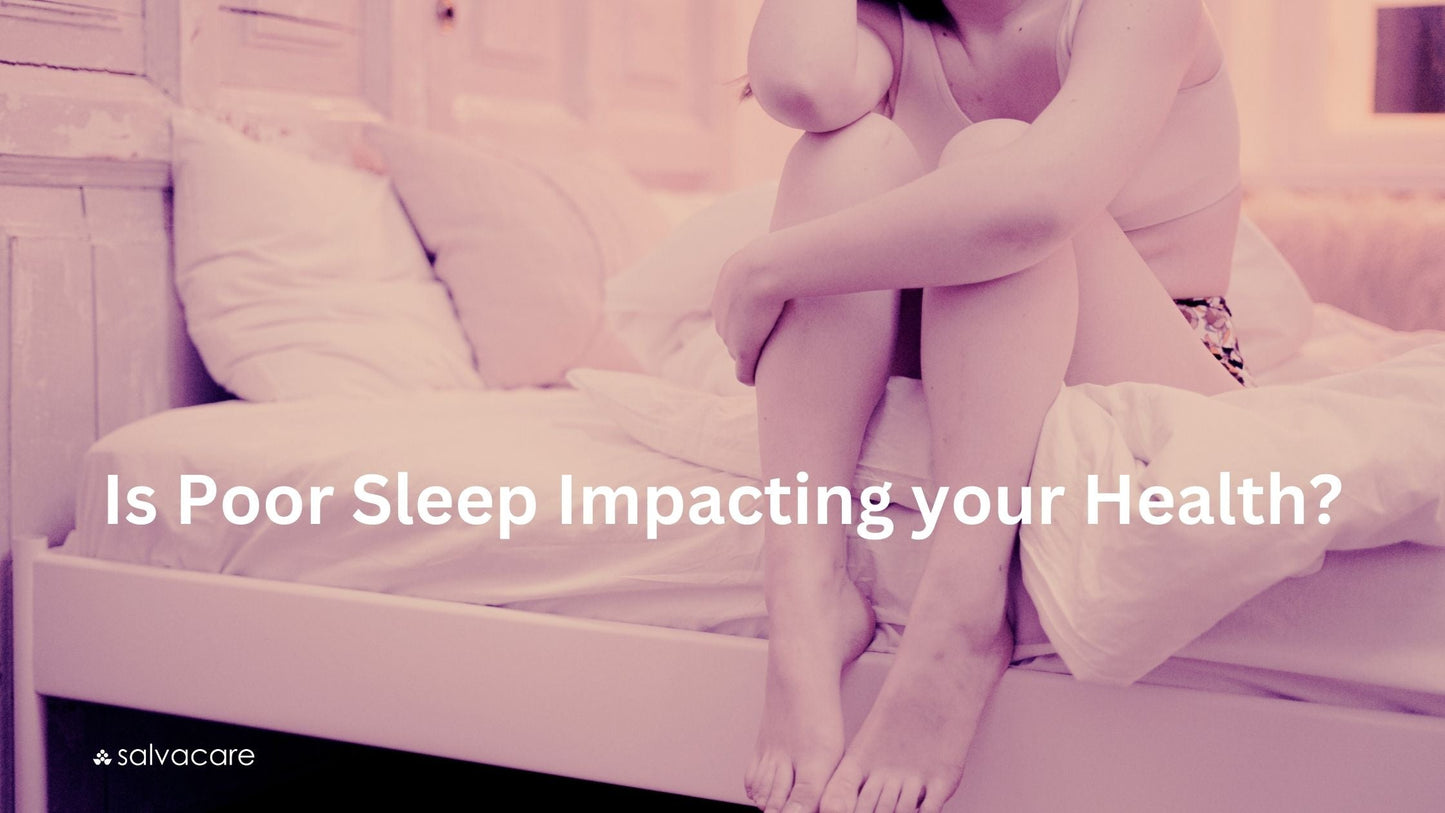
In today’s busy, fast-paced world, sleep is often one of the first things we sacrifice to keep up with life’s demands. When our sleep starts to slip, it’s easy to brush it off with familiar excuses—“my mind just won’t switch off,” “this is just part of getting older,” or “I’m just a bit stressed.” But when disrupted sleep becomes a pattern, it’s time to stop dismissing it and start investigating what’s really going on.
The reality is that both the quality and quantity of your sleep play a vital role in your overall health. Poor sleep is often one of the primary contributors to declining well-being—and it can affect everything from mood and immunity to hormones and metabolic function.
Let’s unpack three of the most common underlying factors that can impact sleep, along with practical ways to help you optimize your rest for a healthier, more energized life.
1. Blood Sugar Imbalances: The Often-Overlooked Sleep Disruptor
Blood sugar regulation is one of the most underrated aspects of good sleep. Whether too high or too low, unstable blood sugars can trigger physiological responses that disturb your sleep cycle.
- High Blood Sugar can increase the release of cortisol, a stress hormone that makes it harder to fall asleep and stay asleep. Elevated levels don’t necessarily mean diabetes—they may simply indicate dysregulated glucose levels that are interfering with your sleep.
- Low Blood Sugar at night—known as nocturnal hypoglycaemia—can cause your body to release cortisol and adrenaline in an attempt to restore balance, often waking you up in the process.
If you suspect your blood sugar levels might be a factor, speak with your healthcare provider. Tools like continuous glucose monitors (CGMs) can provide valuable insight into how your body is responding to food and stress throughout the day and night.
2. Pain & Inflammation: A Vicious Cycle
Pain is one of the most common causes of poor sleep. Whether it’s acute or chronic, pain can prevent you from getting comfortable, lead to frequent nighttime awakenings, and stop you from entering the deep, restorative stages of sleep needed for healing.
Over time, disrupted sleep can actually make you more sensitive to pain, creating a frustrating cycle. Emotional stress from chronic discomfort—like anxiety or low mood—can further interfere with rest.
Supporting the body’s natural inflammatory response can help ease discomfort and promote better sleep. A supplement like ModeraFlam may assist in calming underlying inflammation, supporting your body's ability to unwind and rest more deeply.
3. Poor Sleep Hygiene: The Foundation of Restful Nights
Sleep hygiene refers to the daily habits and environmental factors that influence the quality of your sleep. These foundational practices align your body’s natural circadian rhythm and prepare your mind and body for rest.
Top Sleep Hygiene Tips:
- Stick to a Sleep Schedule – Go to bed and wake up at the same time every day, even on weekends.
- Get Morning Sunlight – Exposure to sunlight within 15 minutes of waking helps regulate your sleep-wake cycle.
- Create a Calming Evening Routine – Engage in relaxing activities and avoid screens before bed.
- Use Blue Light Blockers – Wear blue light glasses in the evening and enable night mode on devices.
- Optimise Your Bedroom – Keep your space cool, dark, quiet, and comfortable.
- Avoid Stimulants & Alcohol – Cut back on caffeine, nicotine, and evening drinks that may disrupt sleep.
- Be Mindful of Evening Eating – Avoid heavy meals and excess fluids before bed.
- Exercise Daily—but Early – Regular movement supports better sleep, but avoid late-night workouts.
- Manage Stress – Use techniques like breathwork, meditation, or journaling to calm your mind.
- Nap Smart – Keep naps short (20–30 minutes) and early in the day if needed.
Reclaim Your Sleep, Reclaim Your Health
If you’re consistently struggling with sleep and want to optimise your health, the first step is identifying what’s standing in the way. Blood sugar issues, chronic stress, inflammation, and poor habits are all common—but modifiable—contributors. By taking targeted steps to address these areas, you can restore more restful sleep and unlock the powerful benefits it has on your mood, focus, energy, and long-term health.
That said, if you suspect a more complex sleep condition like sleep apnea or restless leg syndrome, it’s important to seek guidance from a qualified healthcare professional.
So tonight, as you wind down, remember: your path to a brighter, healthier tomorrow begins with the sleep you get tonight.
Feeling Overwhelmed? Contact us for a Health Consult for targeted support!





